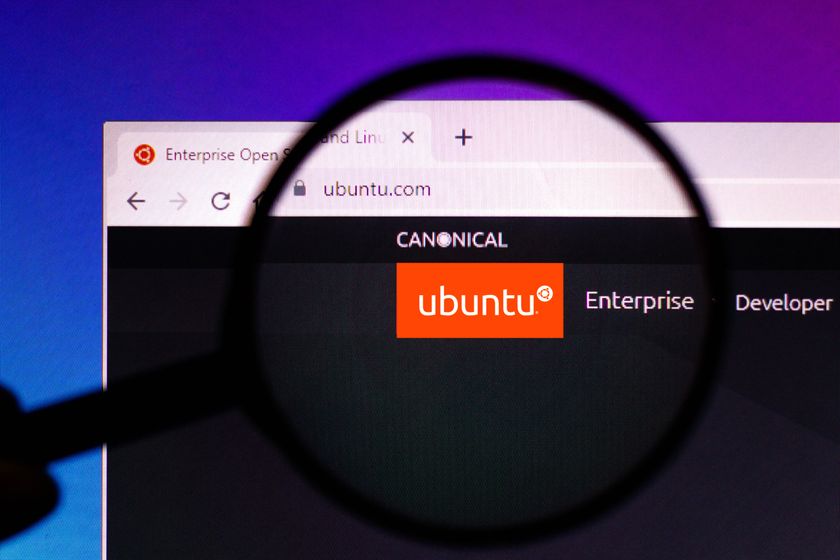Q&A: Cat Lee, Facebook platform manager
We discuss Facebook apps and their possible use in the business world, as well as how constant innovation sometimes clashes with what users want.
We are going to use the same principles. Connect and the platform share a lot of the same APIs. Connect is sort of an extension of the APIs we provide developers that build on Facebook.
As a team, we are trying to add the functionality to make the data permissioning and storage much more straightforward and clear, both to users and developers. You should expect to see a lot of changes in that area going forward.
What lessons have you learned from the failure of Facebook Beacon over user data?
I think it was as a whole about giving users more control of their own data. We want to give users the ability to control how much privacy they feel comfortable with. Facebook Connect always prompts the user, so when a developer wants to publish a story back to Facebook, the user has to click to publish the story.
How does Facebook Translate differ to Google's website translation technology?
Google translates a site on algorithms, and that's helpful for a lot of websites, but what it lacks is the contextual meanings behind words. So words like poke, idioms like wall wall can mean different things depending on where it is.
Translating a site is actually a really hard problem, and we don't think that today it's easily solved in a non-personalised way because of the context and because sites are dynamic.
Get the ITPro. daily newsletter
Sign up today and you will receive a free copy of our Focus Report 2025 - the leading guidance on AI, cybersecurity and other IT challenges as per 700+ senior executives
Today, most sites can't rely on a simple machine translation. Even then they have to hire professional translators.















